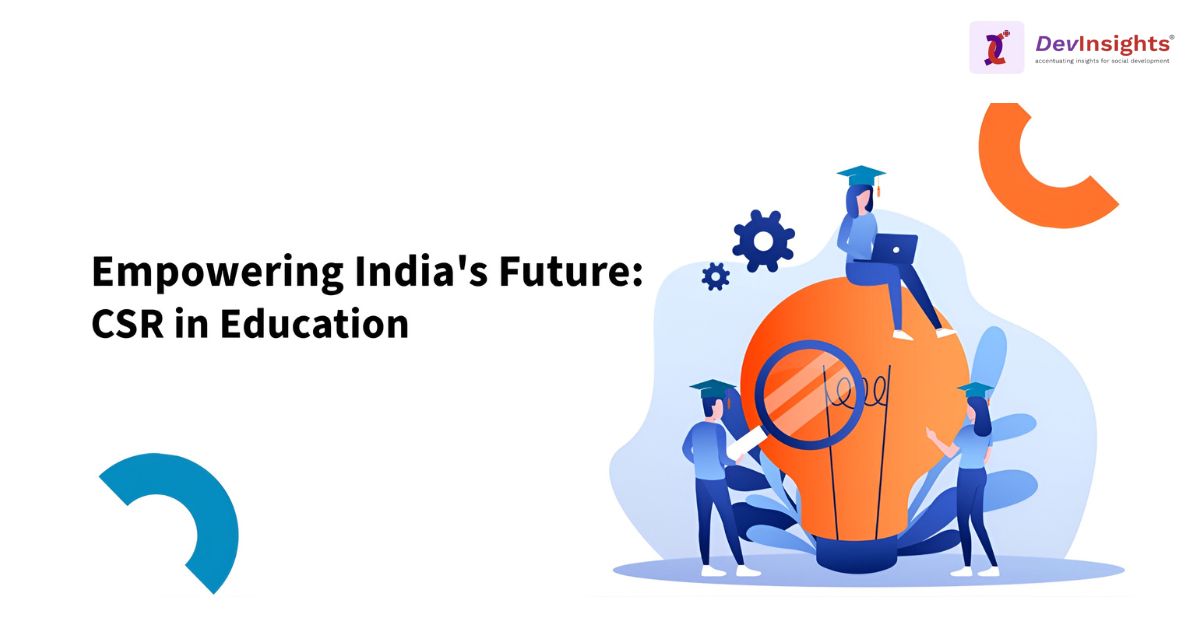Gandhi, the Constitution, and the 2030 Agenda
Talking about sustainable development today, our minds immediately go to solar panels, ESG scores, and massive policy frameworks. But what if the clearest, most radical roadmap for human dignity, equity, and balance with nature came from someone who lived in a hut, wore hand spun khadi, and believed in the power of truth?
Yes, I’m talking about Mahatma Gandhi.
On paper, Gandhi has nothing to do with the Sustainable Development Goals (SDGs). He died in 1948; the SDGs came 67 years later. But in spirit, you’ll find his fingerprints all over them. In fact, you don’t even need to look globally to see this connection just go through our own Indian Constitution.
Many of the Directive Principles of State Policy (DPSPs) those guiding ideals meant to steer governance in India mentions Gandhi’s thoughts. Ideas like village panchayats, equal justice, livelihood for all, promotion of education, environmental protection, and humane conditions of work - they're not just constitutional clauses. They’re reflections of a vision Gandhi. He believed that true democracy starts at the grassroots, and these DPSPs are silent yet firm reminders that a just society begins with compassion, decentralization, and service to the weakest. Connecting this with the SDGs especially goals like Zero Hunger (SDG 2), Decent Work (SDG 8), Climate Action (SDG 13), and Peace, Justice, and Strong Institutions (SDG 16) we can see that the overlap is too significant to ignore.
Even on the global stage, Gandhi ji is being remembered not just as a freedom fighter, but as a development thinker. A powerful piece by Debapriya Bhattacharya for Southern Voice titled “Mahatma Gandhi and the Sustainable Development Goals” points out how his lifelong mission was aligned with what we now call the five Ps of sustainable development: People, Planet, Prosperity, Peace, and Partnership. Gandhi may never have used such terms, but he lived them. His life was a masterclass in reducing human suffering without increasing environmental burden.
And here’s the wild thing: he never sought global acclaim. He just believed that “the soul of India lives in its villages,” and that a truly developed society is one where “the poorest have a chance at a dignified life.” Imagine how different development would look today if that were our baseline metric of success. He also spoke about “the world having enough for everyone’s need, but not everyone’s greed” - a quote we’ve all heard but maybe haven’t taken seriously enough. Think about this in the context of today’s wars, climate crisis and overconsumption. Gandhi didn’t just warn us; he offered a lifestyle rooted in mindful living, long before “sustainability” became a common word.
Even his idea of Ahimsa (non-violence) goes far beyond avoiding conflict. It’s about how we treat the environment, how we interact with the marginalized, and how policies should be shaped by compassion, not convenience. His view of development wasn’t GDP-driven. It was people-centered, peace-driven, and deeply rooted in justice.
And he didn’t just preach this. He lived it. Gandhi cleaned toilets to break caste hierarchies. He walked hundreds of kilometres to resist injustice. He spun his own clothes to support rural livelihoods. That was his version of sustainability.
Maybe the SDGs don’t need only technology and policy experts. Maybe they also need philosophers in action. As Ivan Illich said, “Gandhi’s economics enables us to question the very basis of Western development.” And perhaps that’s what the world is missing - a quiet revolution in how we define progress.
As we inch toward 2030, chasing targets and racing timelines, it might be wise to pause and listen to the silence Gandhi practiced. Not to slow down the momentum, but to realign it. Because in the end, the SDGs are not just a checklist they’re a chance to transform. And Gandhi, whether we realize it or not, already gave us the soul of that transformation.
References
Bhattacharya, D. (2020). Mahatma Gandhi and the Sustainable Development Goals. Southern Voice. Retrieved from https://southernvoice.org/mahatma-gandhi-and-the-sustainable-development-goals
Austin, G. (1999). The Indian Constitution: Cornerstone of a Nation. Oxford University Press.
Pylee, M.V. (2003). India’s Constitution. S. Chand Publishing.
Gandhi, M.K. (1927). The Story of My Experiments with Truth.
Gandhi, M.K. (1946). Hind Swaraj or Indian Home Rule. Navajivan Publishing House.
Illich, I. (1974). Energy and Equity. Harper & Row.
Schumacher, E.F. (1973). Small is Beautiful: Economics as if People Mattered. Blond & Briggs.
Nanda, M. (2000). Gandhi and His Critics. Economic and Political Weekly, 35(16), 1357–1364.







.jpeg)


